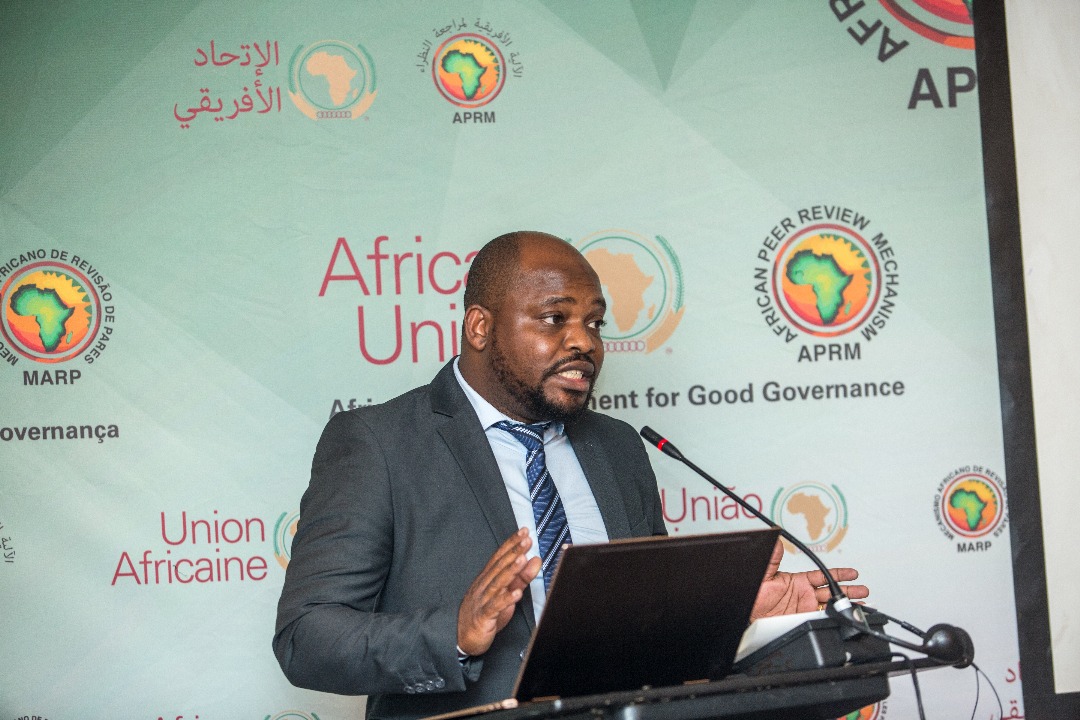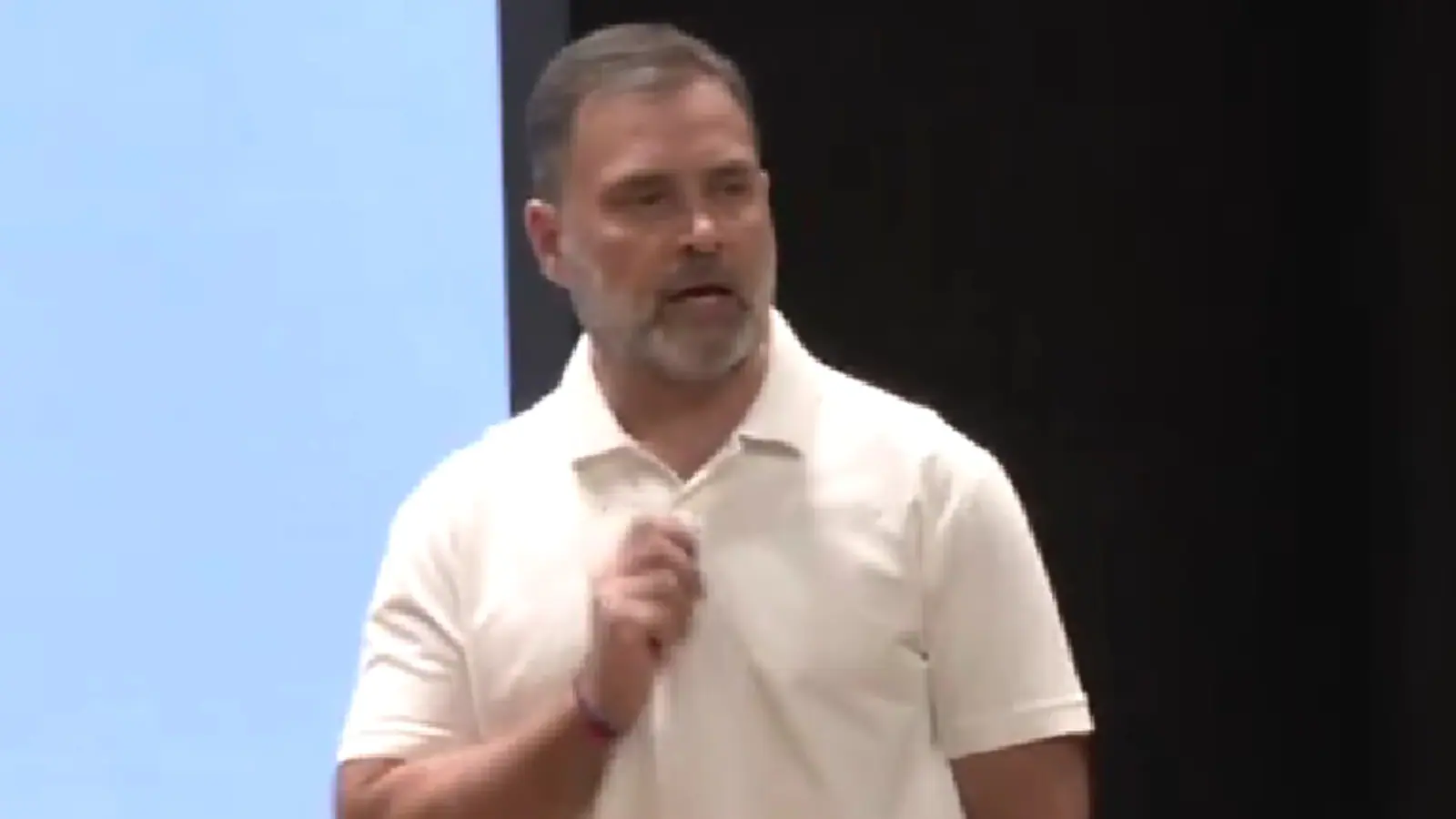By NyasaAuthor1
Copyright nyasatimes

When Francis Nyarai Ndende speaks about integrity, it is not the abstract language of legal theory or development jargon. It is conviction. It is lived practice. And now, it is a mission he is set to advance at a continental level.
The Johannesburg-based lawyer and governance specialist has just been appointed to the five-member Transition Committee of the African Business Integrity Network (ABIN), a body tasked with steering the organisation through its transformation into a sustainable, self-governed, member-driven institution.
The appointment places Ndende among a select group of experts from across Africa, chosen for their experience in building institutions, championing anti-corruption reforms, and representing the diverse regions of the continent. For Ndende, it is both a personal milestone and a continental responsibility.
“This is a pivotal moment for business integrity on the continent,” he said. “Our charge is to strengthen ABIN’s governance, deepen its technical capacity, and mobilise partners so that ethical business is not the exception but the norm.”
Many know Ndende as the Chief Executive Officer of Corporate & Institutional Integrity Africa (CII-Africa), an organisation he founded to help governments, businesses, and civil society design practical integrity systems. From small enterprises struggling to navigate compliance frameworks to state institutions grappling with corruption, his work has been to design solutions that work in the real world.
But his impact stretches far beyond Malawi’s borders. As a Technical Specialist on Anti-Corruption and Governance for the EU-funded Enhancing Accountability Programme in South Africa, he has been supporting oversight institutions and civic actors to strengthen transparency and accountability. He has advised the African Development Bank’s Sanctions Office, helped shape the Bank’s Adaptation Benefits Mechanism to ensure credible climate financing, and co-authored crisis governance recommendations under the African Union/APRM–GIZ project during the COVID-19 pandemic.
Colleagues say his strength lies in translating high-level governance ideals into workable systems. “Francis has that rare combination of legal sharpness and hands-on reform experience,” says a development partner who has worked with him. “He knows the theory, but he also knows how things fall apart in practice—and how to fix them.”
Ndende’s path to continental recognition has been built on a foundation of education and professional growth. After earning his LLB and BEd degrees from the University of Malawi, he went on to pursue advanced studies: an MSc in International Public Policy at Queen Mary University of London, an LLM in Commercial Law at the University of Cape Town, and a specialised MA in Anti-Corruption Compliance & Collective Action at the International Anti-Corruption Academy in Vienna.
Currently, he is pursuing a PhD in Public Law, with a focus on regulating artificial intelligence in public procurement—a cutting-edge field that he believes could redefine how African governments prevent corruption in the digital age. Along the way, he has collected professional certifications in forensic investigation, risk and compliance management, anti-money laundering, and international cooperation. He is also a Certified Business Advisor and a member of several compliance and governance associations across Africa and beyond.
The African Business Integrity Network was created by the Center for International Private Enterprise (CIPE) to strengthen ethical business practices across the continent. As it transitions into a member-driven organisation, its focus is on equipping small and medium enterprises with the tools to resist corruption and compete fairly.
The Transition Committee—on which Ndende now serves—will be responsible for setting governance standards, building technical capacity, engaging stakeholders, and ensuring the network’s sustainability. For Malawi, his appointment is significant. It places the country at the heart of a continental conversation on integrity, governance, and ethical business—issues that resonate deeply at a time when questions about resource deals, transparency, and accountability dominate the national debate.
Yet, beyond the degrees, titles, and continental platforms, those close to Ndende describe him as a lawyer driven by principle. “He is not dazzled by positions,” says a former colleague. “For Francis, integrity is not just a professional field. It’s a personal creed.”
As ABIN charts its next chapter, Ndende’s task is clear: to help make integrity the rule rather than the exception in African business. It is a responsibility that comes with immense pressure, but one that fits a man who has spent his career at the intersection of law, governance, and reform.
And for a lawyer from Malawi, it is also a reminder that the fight for integrity knows no borders.



